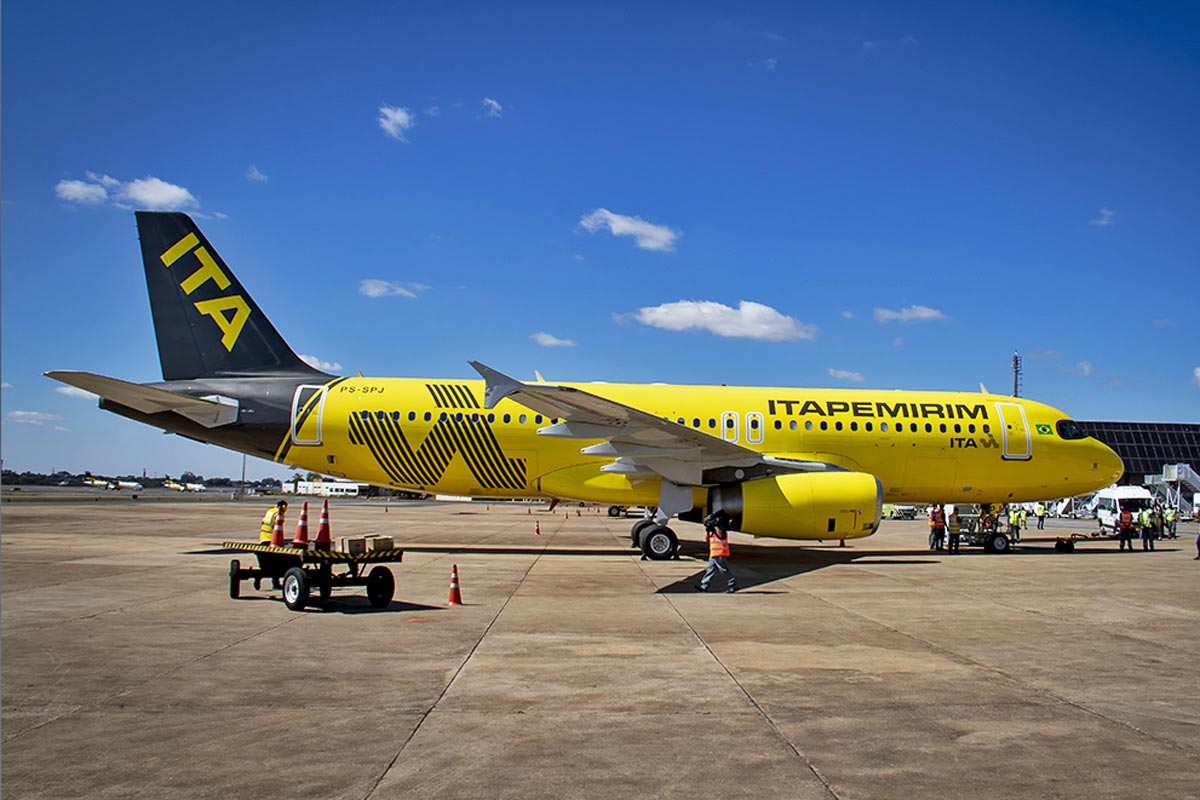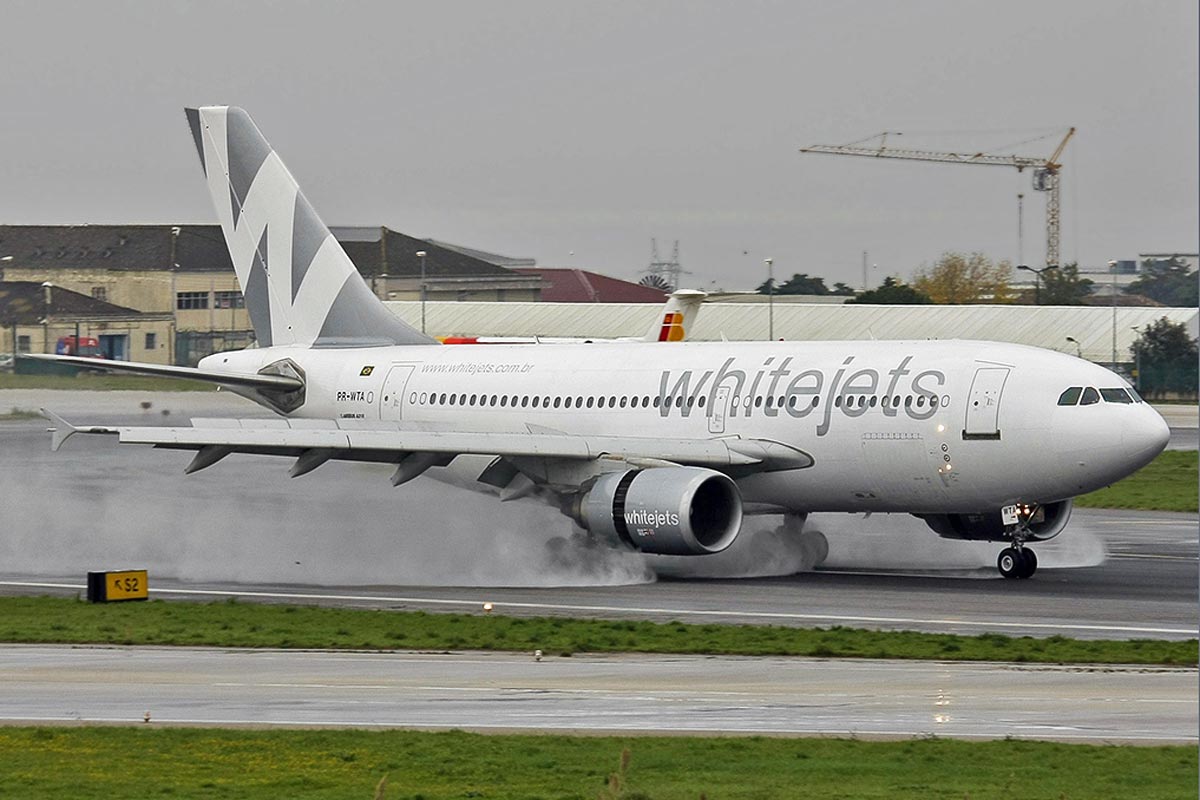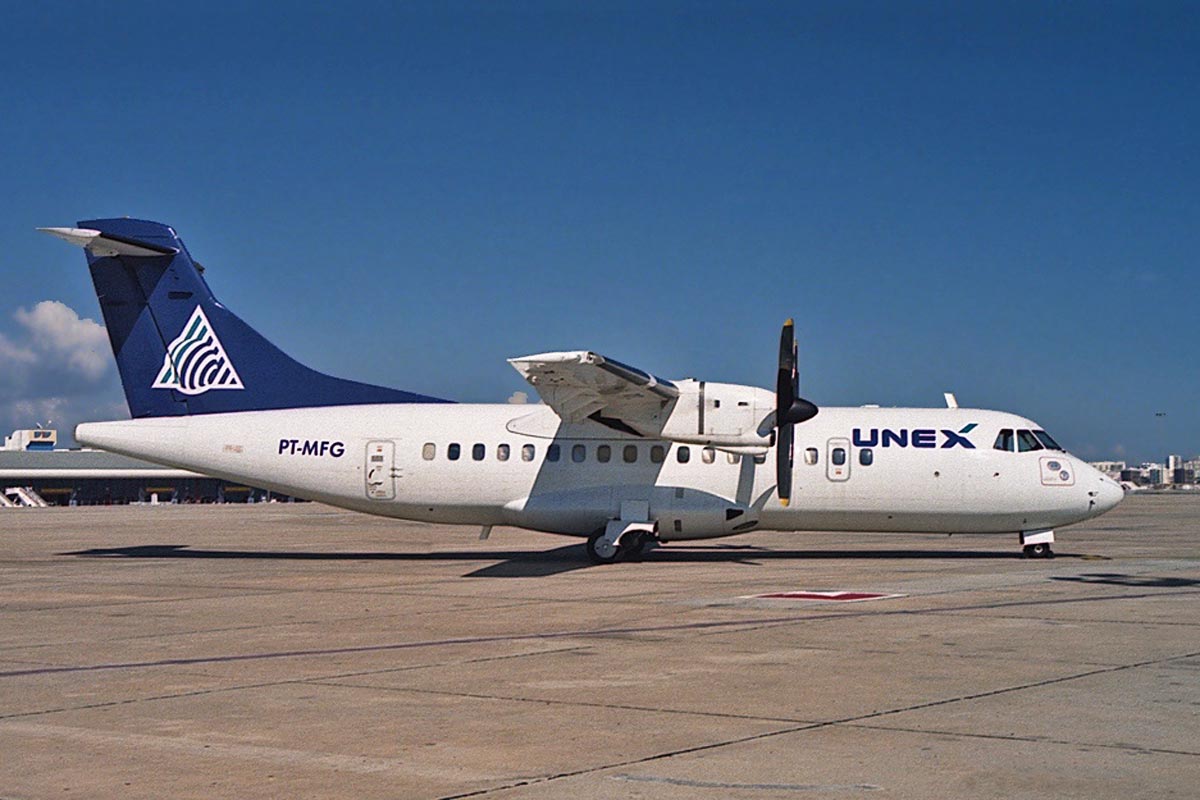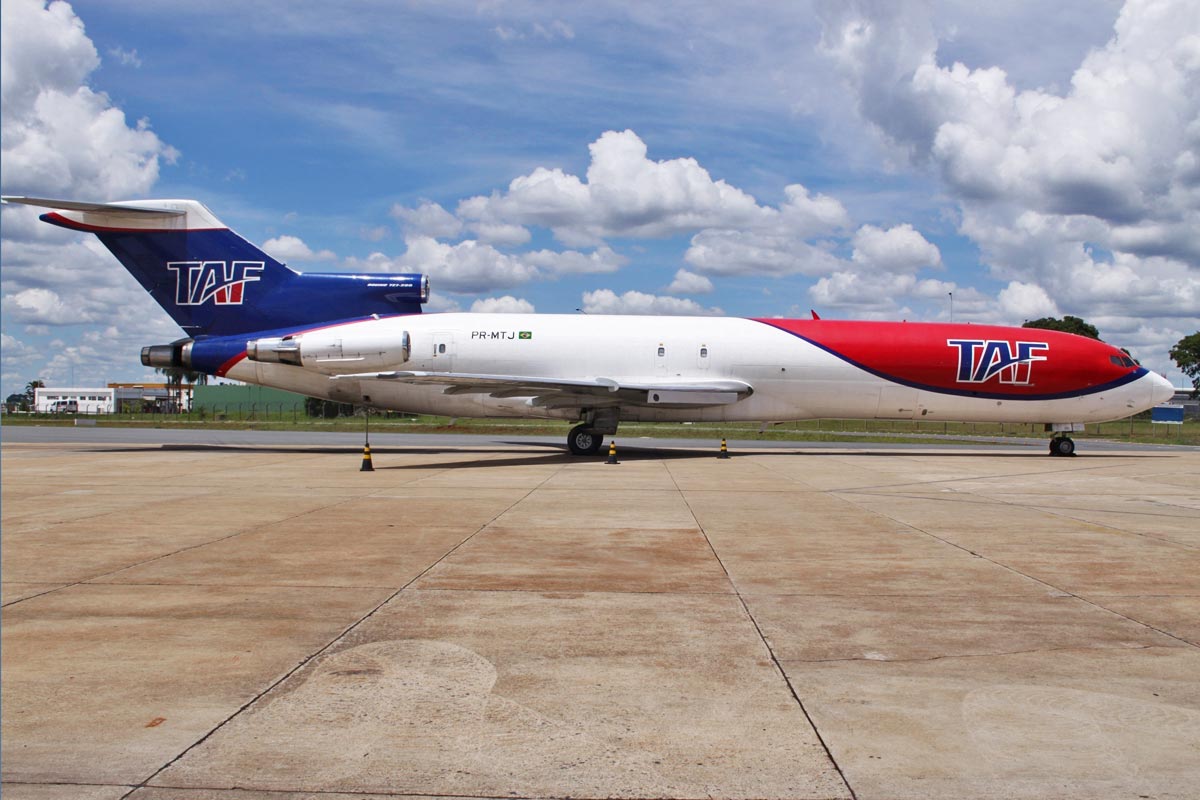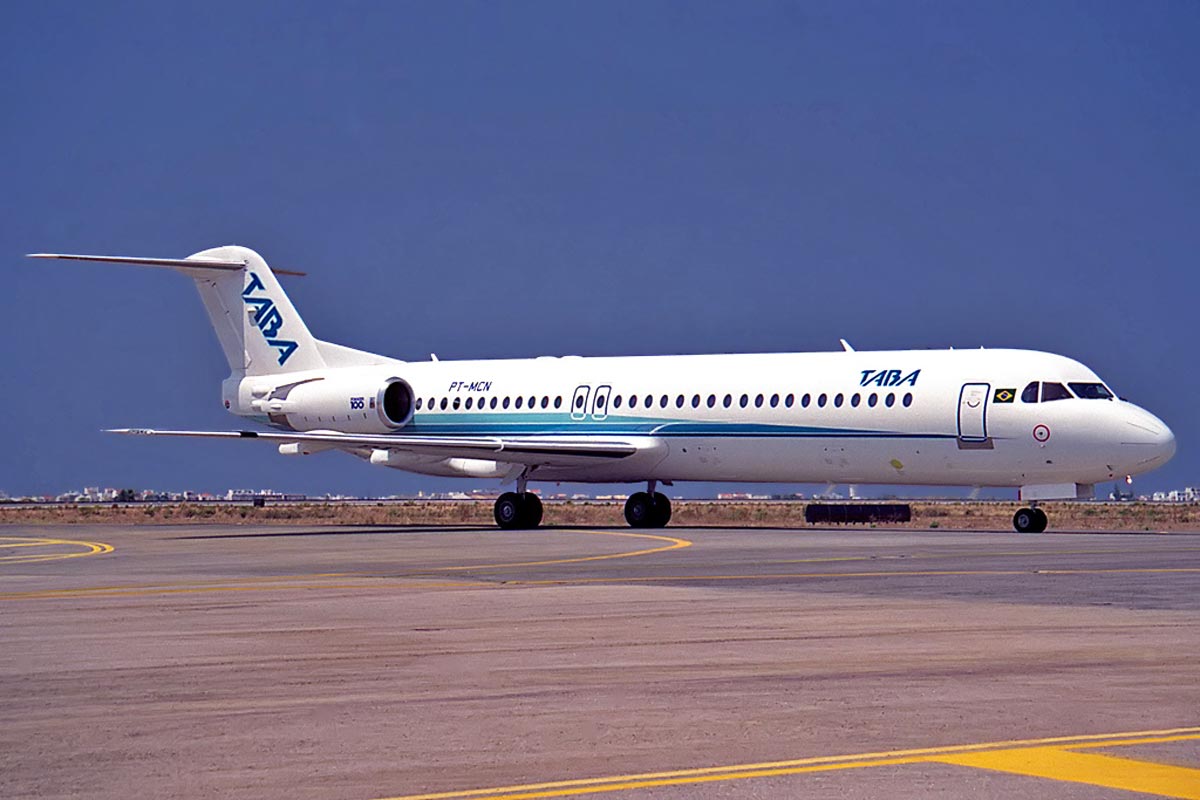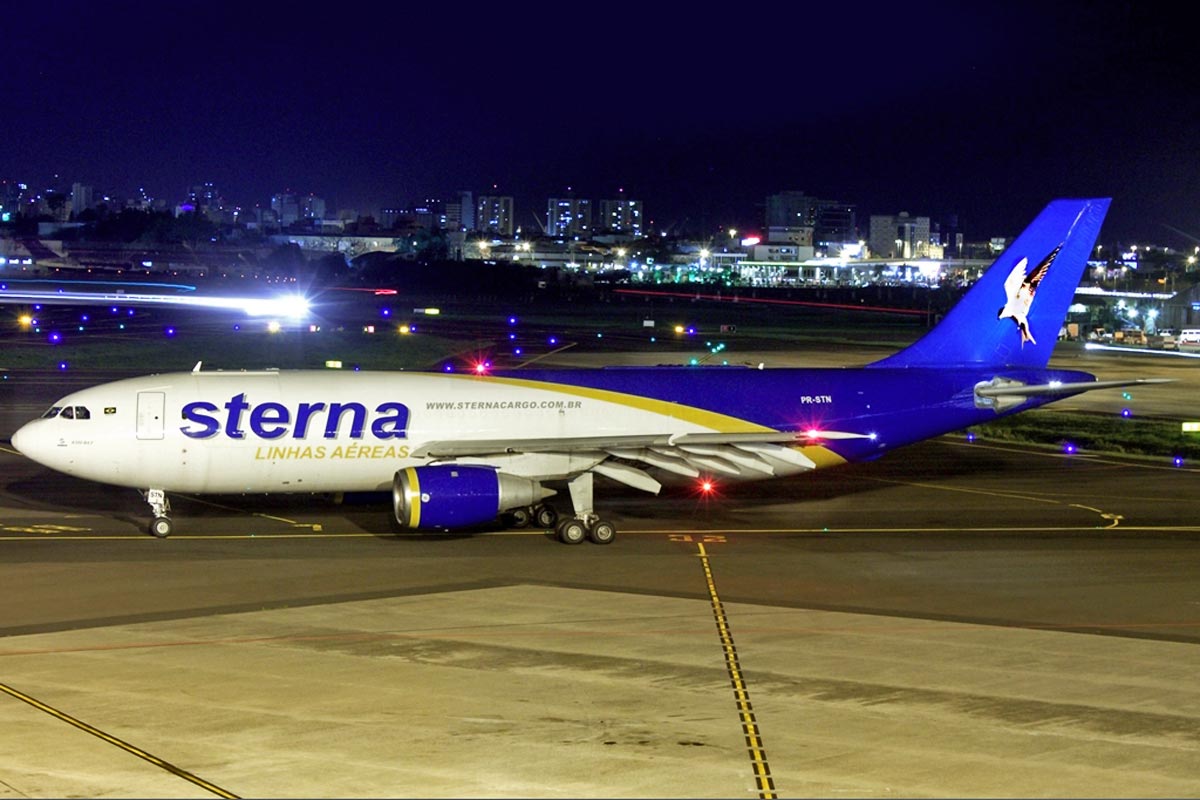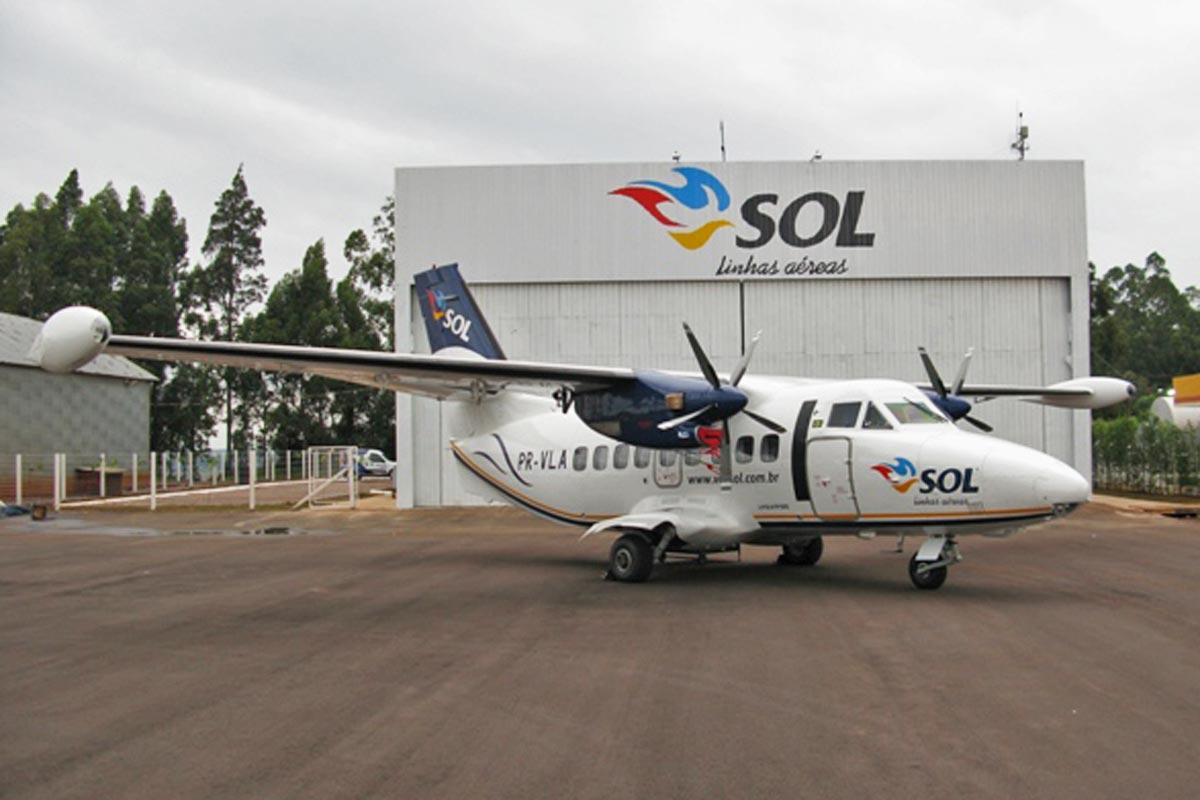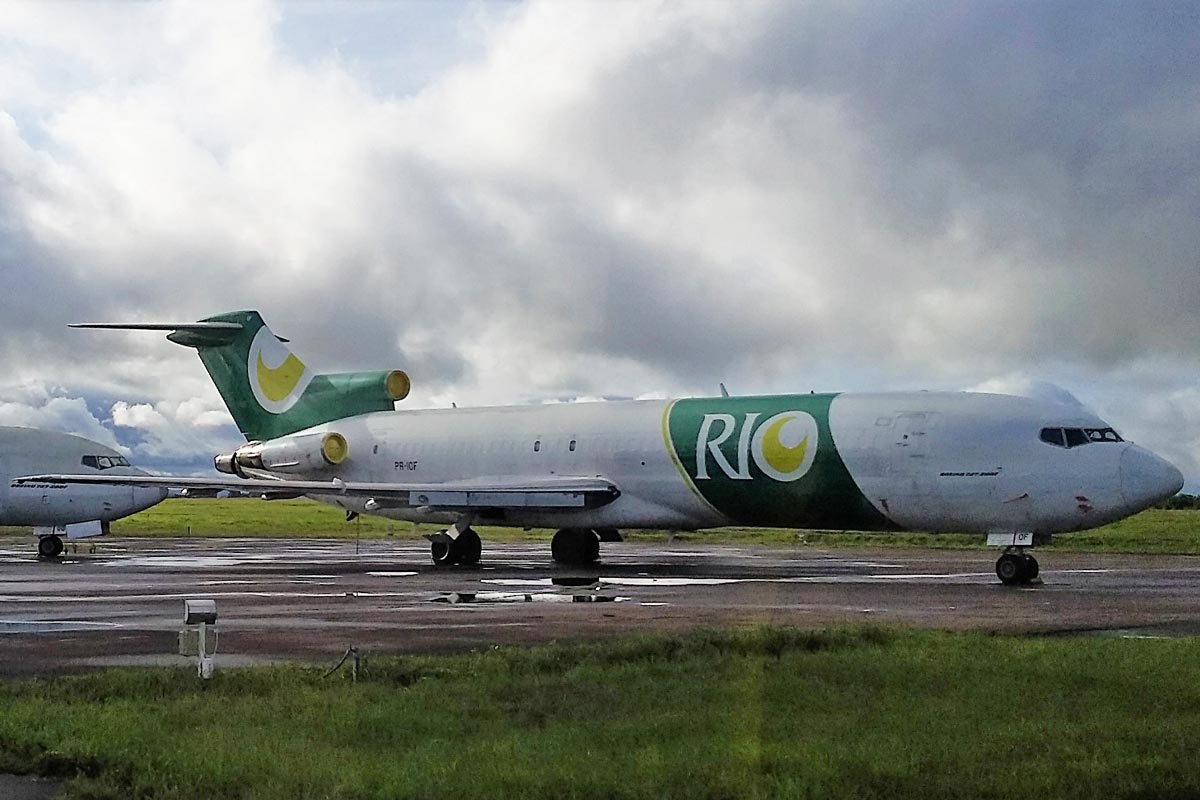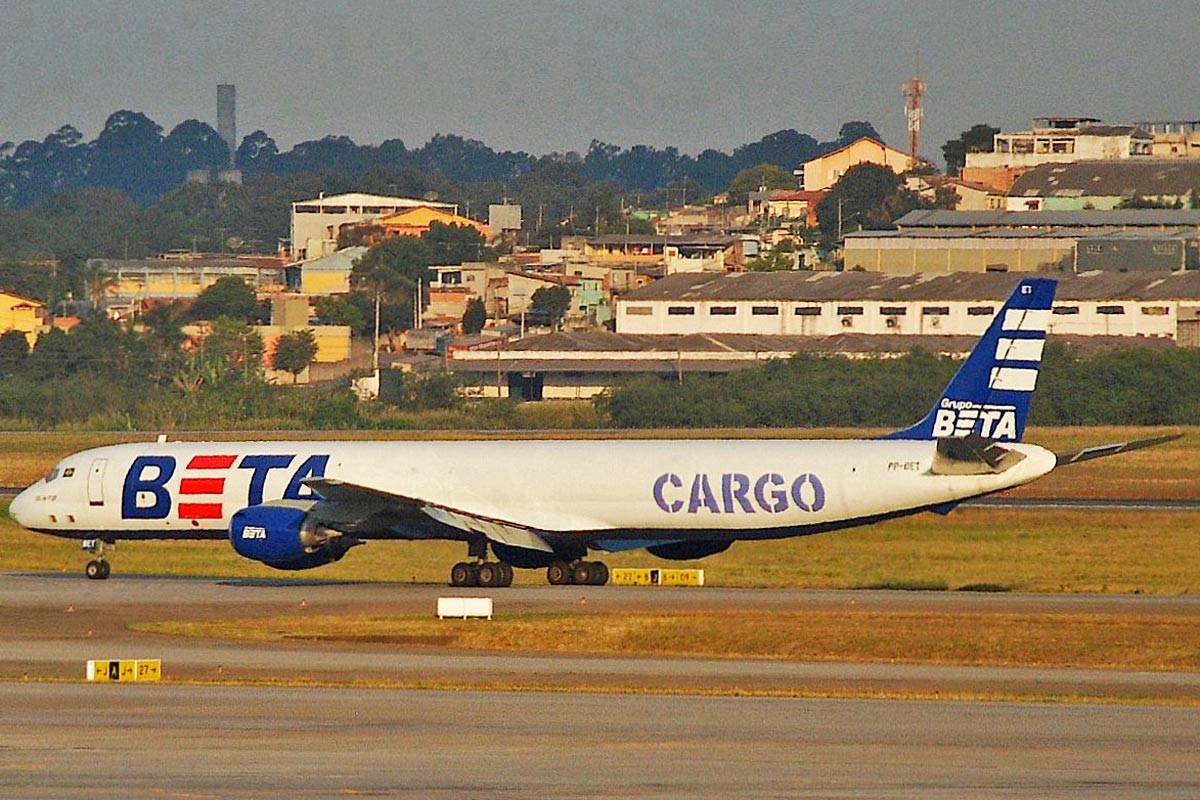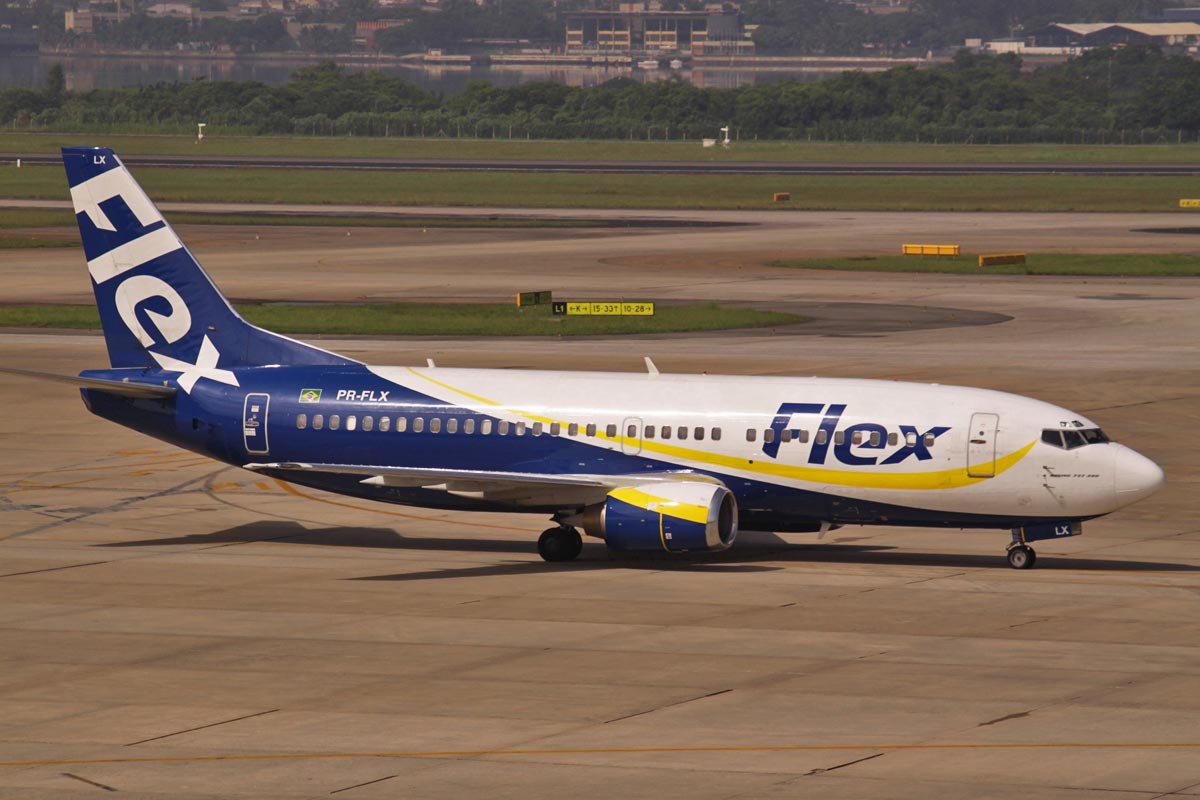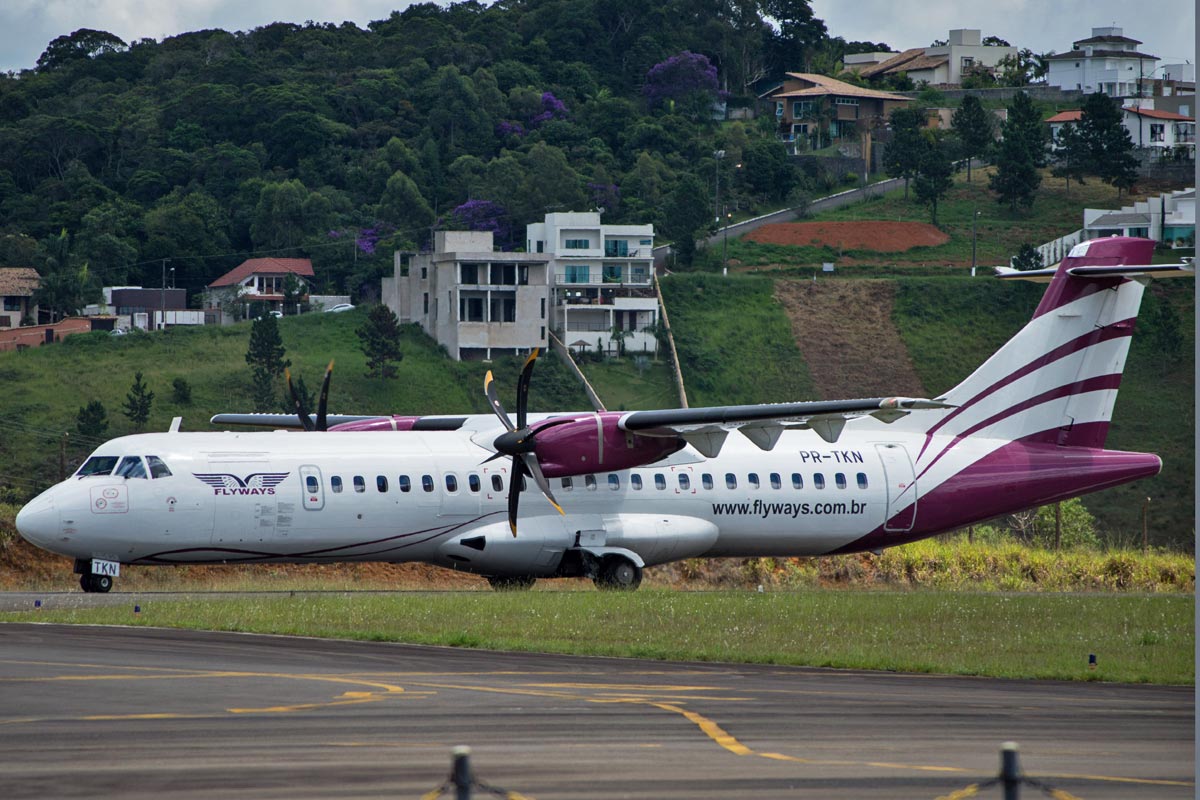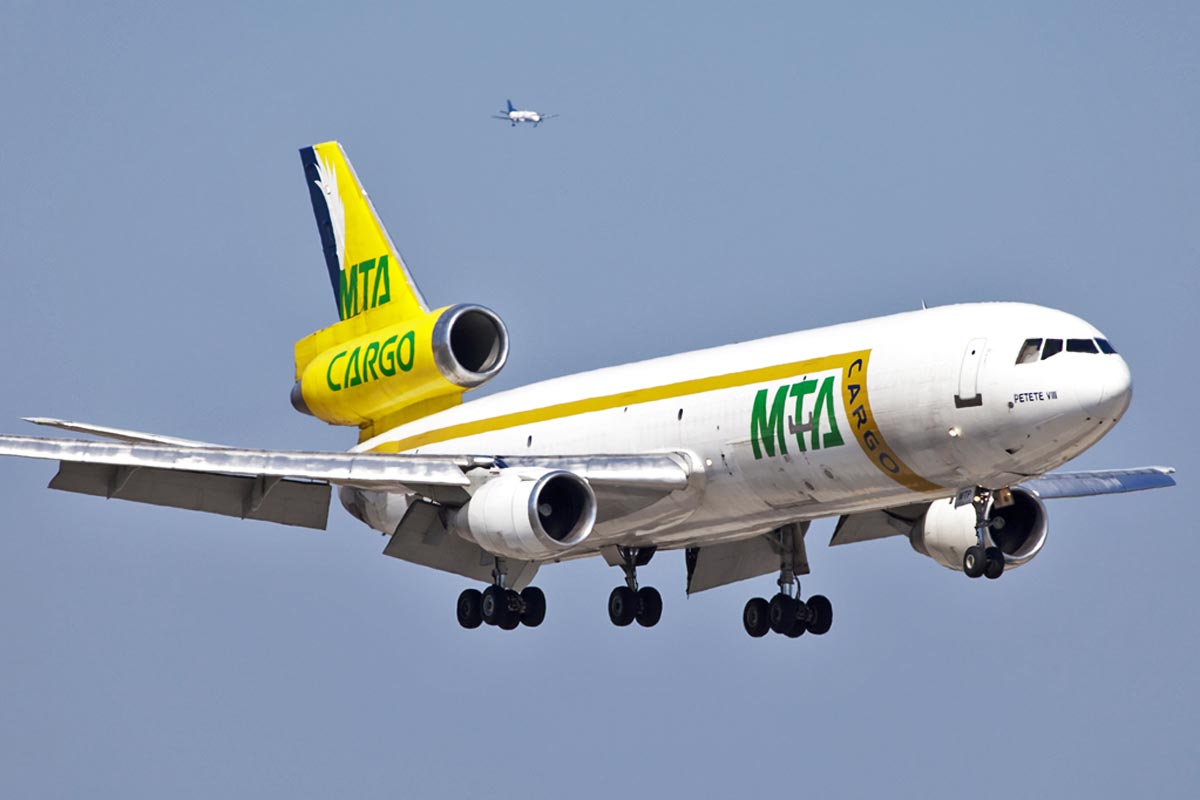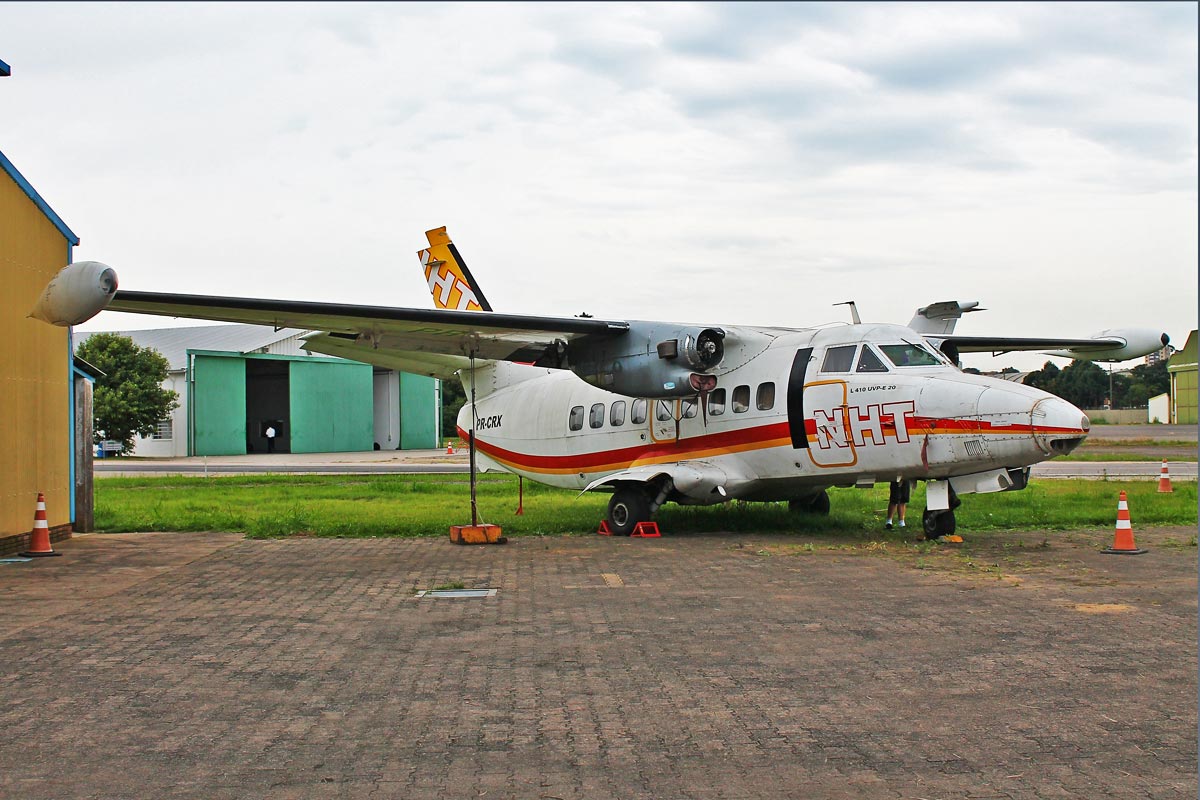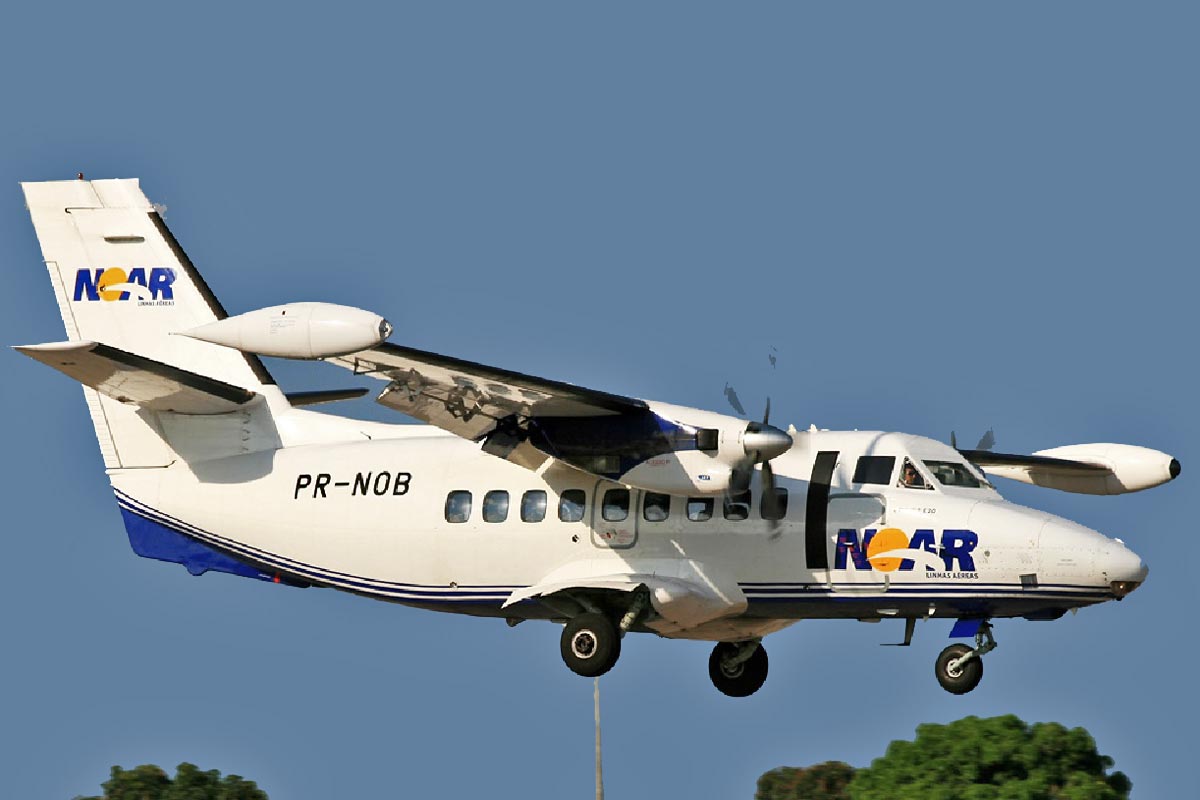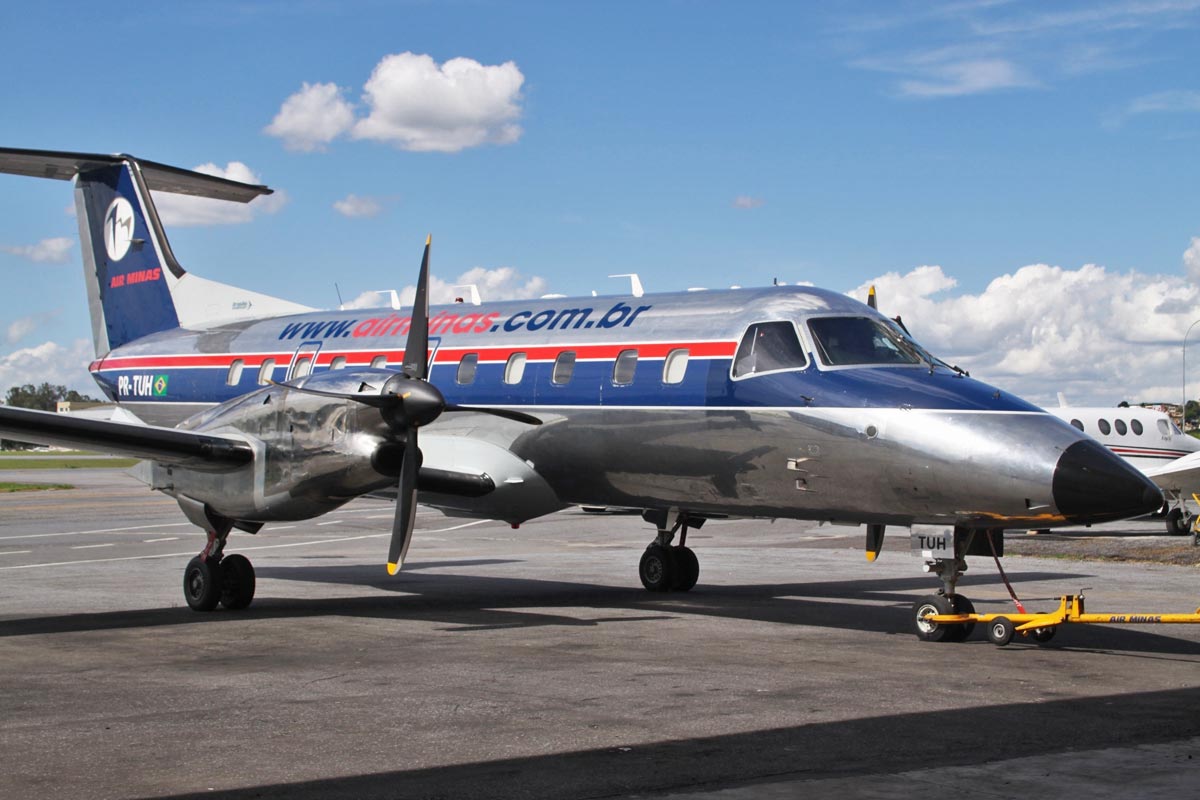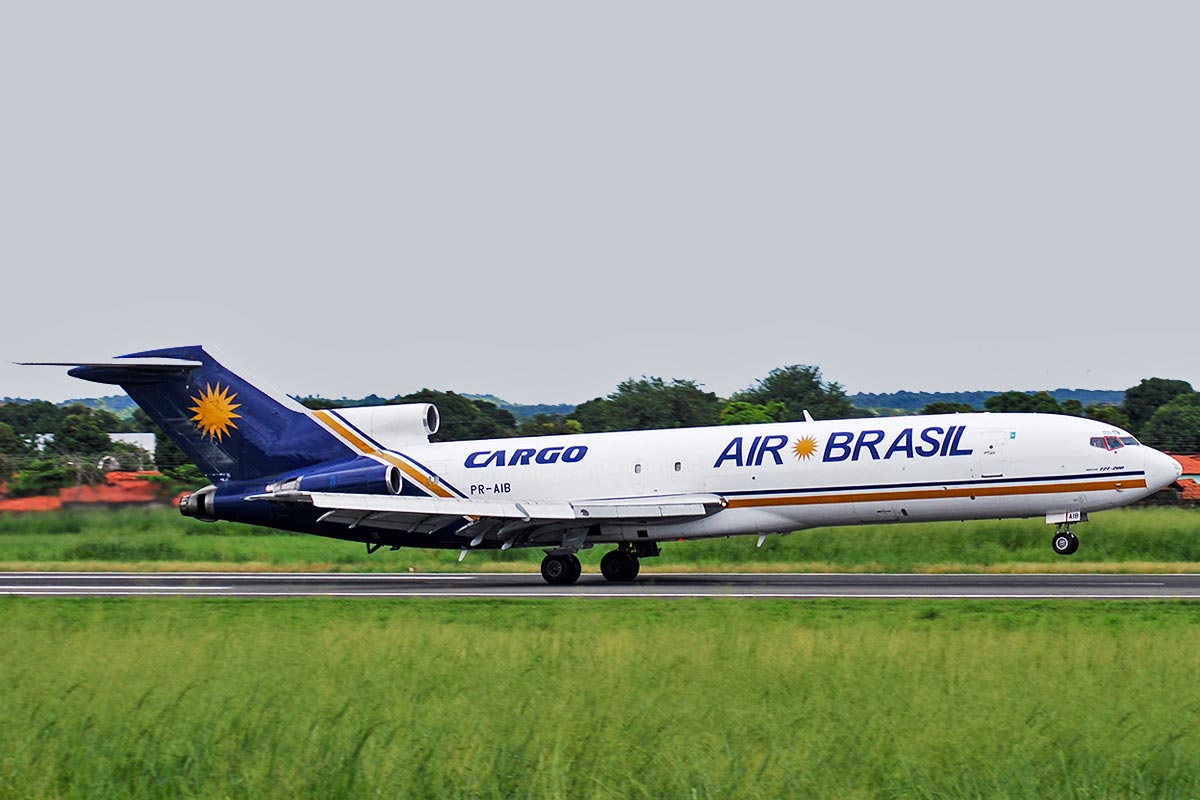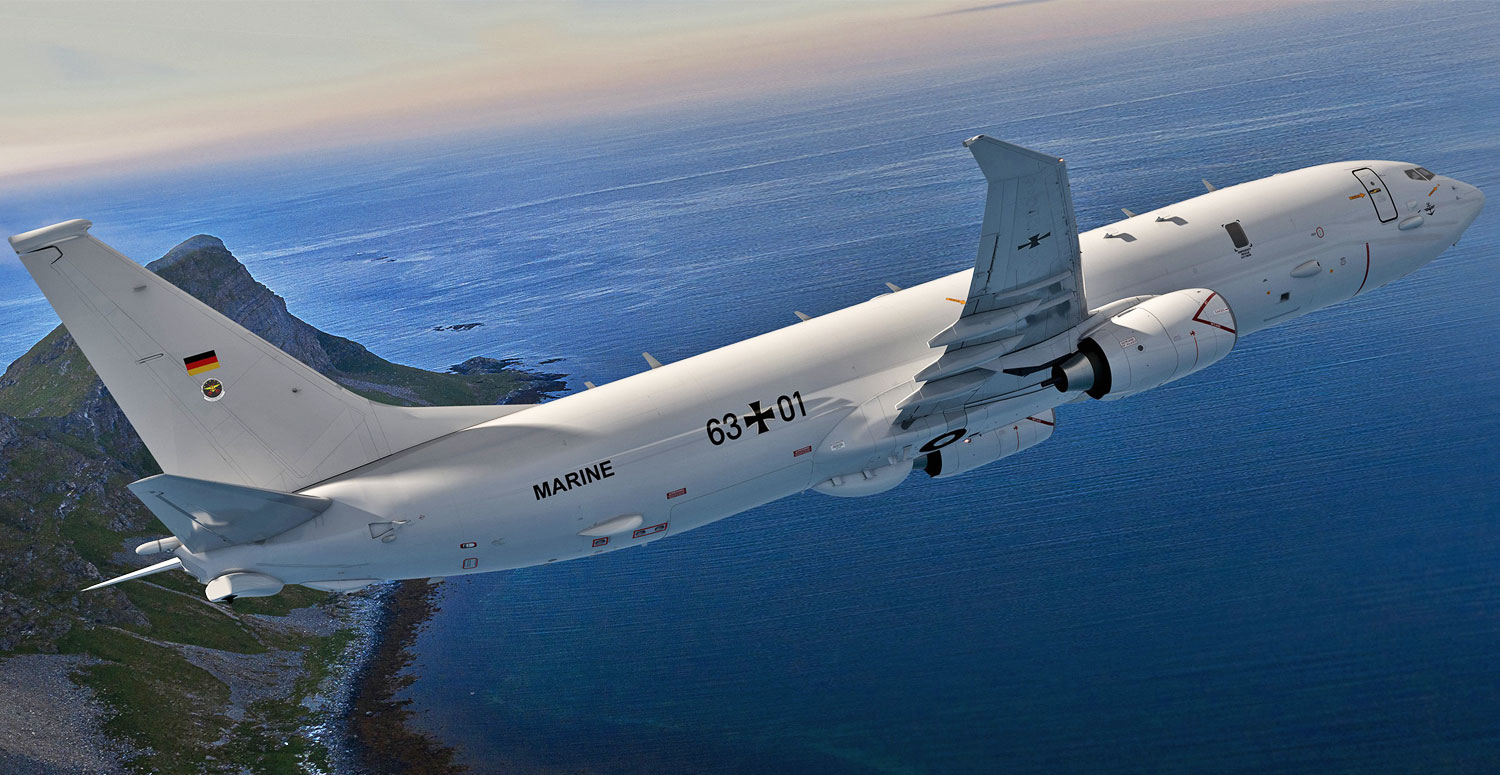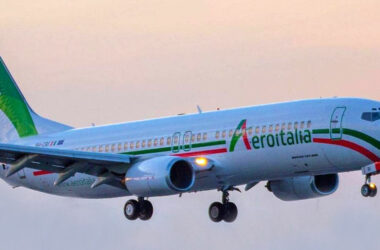The saying is quite old and well known, but it still holds: “if you want to be a millionaire in aviation, just be a billionaire and launch an airline”.
This statement is even more relevant in Brazil, one of the most complex air travel markets in the world and where at least 16 other carriers have closed their doors in the last decade.
Itapemirim Transportes Aereos (ITA), which has just started its commercial flights, wants to avoid joining them. On Tuesday, the airline, part of a road transport group, carried out an inaugural flight with guests and the press between Sao Paulo (Guarulhos) and Brasilia.
The following day, the two active A320 jets began operating their first commercial routes to the cities of Belo Horizonte, Salvador, Curitiba, Porto Alegre and Rio de Janeiro, in addition to Sao Paulo and Brasilia.
The aircraft fleet consists exclusively of second-hand Airbus A320s that were leased last year. Three of them will be active from July 7, a fourth will join the fleet two days later and a fifth plane on July 15th. Another five aircraft should be incorporated by the end of August, forming the initial fleet of 10 aircraft.
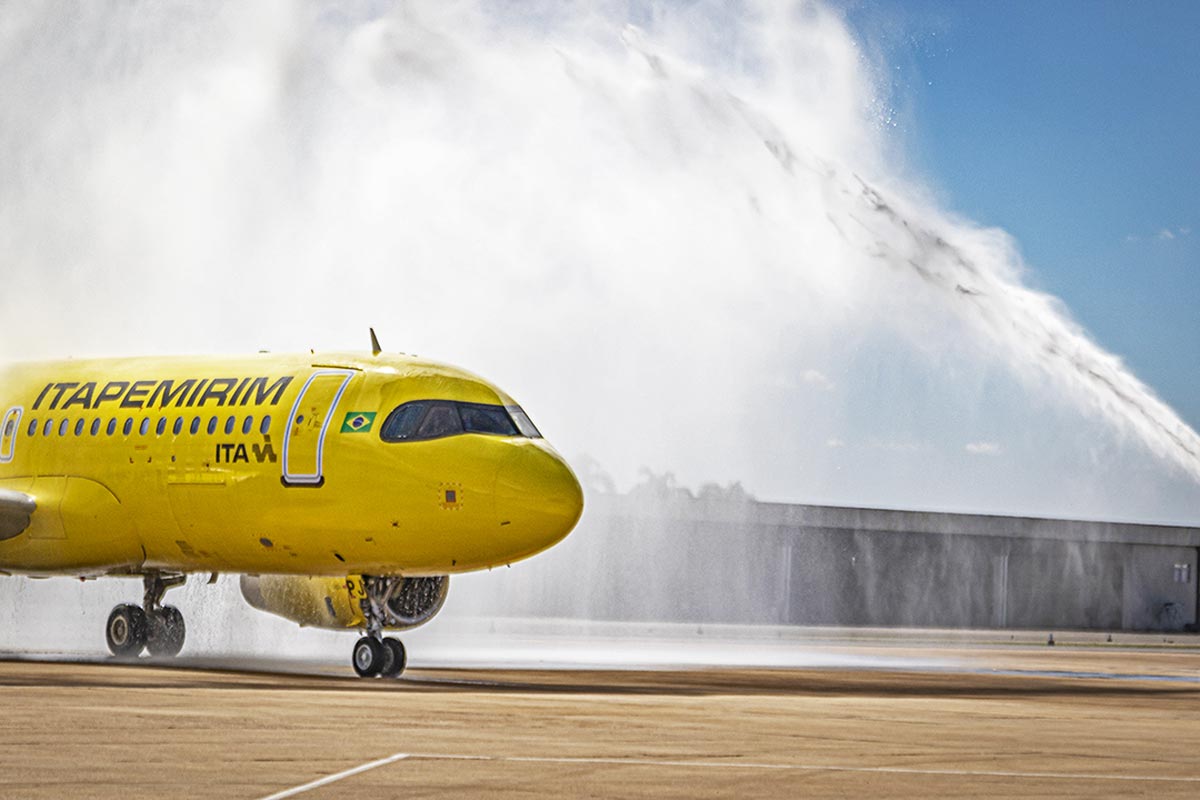
At the first stage, Itapemirim will serve 35 domestic destinations within a year. To differentiate itself from Azul, Gol and LATAM, the company will offer a more generous pitch between the rows, ranging from 79 to 107 cm. As a result, the A320, which holds about 180 seats, will have only 162 seats.
The carrier will also include in-flight service, baggage check and seat choice, services that are charged separately by its competitors. Another bet by ITA is to integrate the flight network with the travel bus service of its affiliate Viacao Itapemirim.
Airline graveyard
Despite the optimism of its CEO, Sidnei Piva, who plans to reach 50 planes soon and debut international flights, Itapemirim was born at a time when the commercial aviation market in Brazil is trying to recover from the brutal impact caused by the Covid-19 pandemic.
Concentrated on the three large companies, air travel suffered a blow that led LATAM Brasil to file for bankruptcy due to its debts. As a result, the company shrank and was affected mainly on international routes.
But even in normal times, keeping an airline healthy in Brazil is and has always been a difficult task due to confusing legislation, high tax burden, exchange rate instability and the eternal oscillation caused by various economic and political crises.
Despite the adverse scenario, many airlines debuted in recent years, however, at least 21 of them ended their activities prematurely. Other companies were incorporated by large carriers such as Pantanal (taken over by TAM), MAP (which joined Passaredo and was sold to Gol) and Trip (which was embraced by Azul).
In the last decade alone, 16 carriers, including OceanAir (Avianca Brasil), stopped flying (see gallery below).
Skilled labor
There are some aspects in favor of Itapemirim, such as the contribution of financial resources received from an Arab investment fund. In addition, the airline ended up getting an involuntary push from LATAM and other companies that have reduced their size since the outbreak.
The Santiago de Chile-based airline dismissed hundreds of crew members in Brazil, many of them experienced, in addition to returning a large number of Airbus aircraft.
As a result, Itapemirim changed its initial plans to fly with Dash 8 turboprops and the Airbus A220 jet to invest in the more capable A320, which now has a more affordable leasing price, in addition to a large supply of labor qualified on the market.
It remains to be seen whether Itapemirim’s yellow planes will manage to attract enough passengers to make the company’s very bold proposal work.
The abandoned aircraft of the defunct airlines that lie at the airports are a constant reminder that Brazil is not for amateurs.

